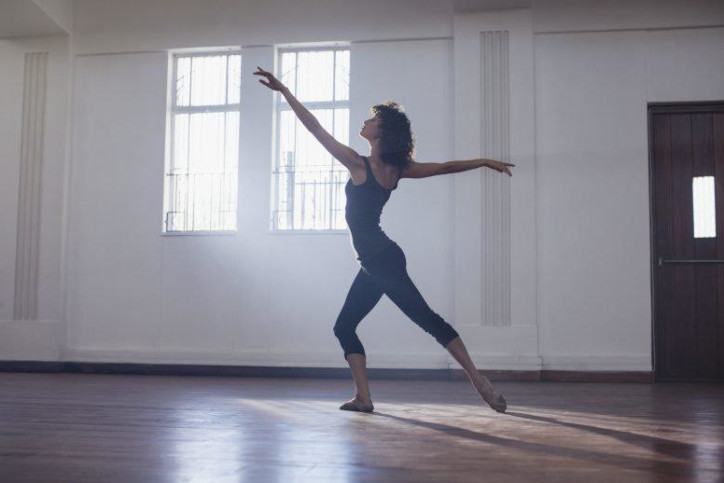Being a dancer is no easy feat. Often audiences only see the result of hours upon hours of practice and painstaking efforts, but they don’t see just how much stress the body goes through just to put out an incredible performance. The concerning part is that most dance teachers don’t often train dance students about how they can protect their bodies from injuries while they’re practicing and honing their craft. If you are a dancer and your passion is taking a toll on your body, here are some ways you can take care of yourself and your health.
Before: Consult with a medical professional
Consult with your doctor if you have a medical condition or an injury to your lower back, foot, or ankle. It’s one thing to have a passion for dancing, but if certain routines or styles pose a risk to your health, it’s not worth it. Make sure you have your primary care provider’s go signal before you try strenuous dance activities. If you experience any form of chronic pain, don’t ignore it. You might need to undergo chiropractic care or adjustment, especially if you’ve been dancing for a long time.
During: Take safety precautions every time you dance
Here are some health and safety measures you need to take whenever you’re practicing to decrease your risk for bodily injury:
- Stretch, stretch, stretch! It may be tempting to immediately start with your routine once you get to the studio, but doing the necessary stretches will help prepare your body for the next few hours of practice. Stretching will help warm up your body thoroughly, and forgetting to do so might cause injury to your muscles. When you’re done with practice, make sure to stretch again to cool your body down.
- Wear layers of clothes that you can remove one by one as your body warms up.
- Choose a style of dance that is appropriate for you and your health. Dancing may be fun, and the applause may provide a sense of fulfillment, but no performance is worth more than your well-being. Make sure you have keen insight into your own body, its limits and boundaries, what it can take and what pushes it over the edge.
- If you’re doing certain moves that require acrobatics, make sure to do it safely. Consult with your dance teacher about how you can protect your joints and other sensitive body parts while trying to execute the move. In other words, make sure that your technique is correct and that your posture is on-point.
- Wear professionally fitted shoes that are ideal for your style of dance. Make sure they can absorb impact, distribute your weight, and support your feet.
- Make sure to take breaks. Find time to just sit down and watch other dancers. Taking a break will help minimize muscle stiffness and soreness.
- Keep yourself hydrated. Drink one to two gulps of water every hour or so to ensure that you’re taking in as much hydration as you’re letting out.
- Listen to your body. If you feel tired or experience some form of discomfort or pain, stop and identify if you need to take a longer break.
After: Cultivate healthy habits
If you want to dance for a long time, you need to cultivate healthy habits that can help support your dancing. Here are some healthy routines you need to incorporate into your lifestyle:
- After your body has cooled down sufficiently, take a lukewarm to a moderately warm shower, and when you get to the end of your shower, splash some cold water to your body.
- Feed your body nutrients regularly. Consume enough protein, whole grains, fruits, vegetables, and dairy products.
- Get enough sleep. If you’re doing some dancing on top of your school or workload, it may be tempting to skip beauty rest and sleep, but it’s a crucial part of ensuring that you’re always in your A-game whenever you’re dancing. This is because proper sleep helps boost your energy levels, sharpen your memory, and provide better concentration—things you need as a dancer!
- Protect your mental health and perspective. You know how they say, “You’re only as good as your last performance?” That’s not true. There is so much more to you than just dance—you are valuable because you are. Dance because you love it, not because you want to prove your worth.
Being a good dancer always comes with a cost, but you shouldn’t risk your health and body for it. Make sure to take every safety measure you can to prevent injury and to ensure that you can dance for a long time.

